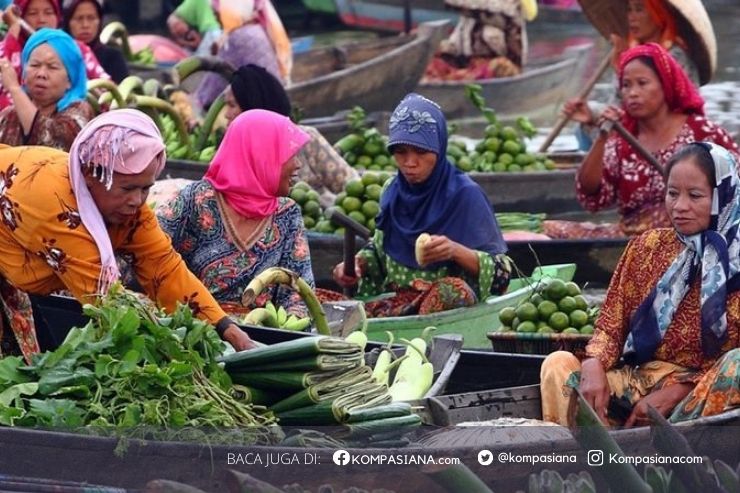Technology and Its Impact on Traditional Communities: The Case of Baduy, Indonesia
Technology has become an indispensable part of modern life. In nearly every aspect of daily living, people rely on technology to work, communicate, and solve problems. Human civilization has grown increasingly dependent on technological advancements, forcing societies to adapt over time. While many have embraced these advancements, some communities still choose to live in traditional ways, rejecting modern technology altogether. These communities often have strong commitments to preserving the environment and maintaining their cultural heritage, such as the Baduy people in Banten, Indonesia.
The Baduy community is a remarkable example of a society that deliberately rejects technology to preserve its traditional way of life. Divided into two groups---Baduy Luar (Outer Baduy) and Baduy Dalam (Inner Baduy)---this indigenous community has strict cultural and environmental values. The Baduy Dalam, in particular, adhere to rules that prohibit the use of modern technology, believing that it disrupts their traditions and fosters unhealthy dependency. Their rejection of technology also stems from a deep commitment to environmental sustainability. They argue that technological tools can harm nature and disturb their way of life, which relies heavily on harmony with the environment.
The differences between Baduy Dalam and Baduy Luar are stark. The Baduy Dalam enforce stringent rules to maintain their traditional lifestyle, which includes avoiding all forms of modern technology. Visitors to Baduy Dalam often notice its pristine environment, featuring crystal-clear streams, lush greenery, and the calming sounds of nature, such as chirping birds. In contrast, the Baduy Luar are more lenient, allowing limited exposure to undeveloped technology. As a result, the environment in Baduy Luar shows signs of degradation, with less clear water and more human-made structures disrupting the natural landscape.
One of the most striking measures taken by the Baduy leaders is the prohibition of cellphones and other communication devices. They have even requested the government to block signal reception within their territory to discourage the use of such devices. This decision underscores their strong opposition to technological dependence. The comparison between the two groups illustrates the environmental and cultural consequences of embracing or rejecting technology. While the Baduy Luar's partial acceptance of technology has introduced conveniences, it has also led to noticeable environmental harm. On the other hand, the strict adherence to traditional rules in Baduy Dalam ensures the preservation of their natural surroundings and cultural identity.
In conclusion, the Baduy community provides a unique perspective on the trade-offs between technological adoption and traditional living. The Baduy Dalam, by fully rejecting technology, have managed to preserve their environment and cultural heritage, serving as a reminder of the potential harms of unchecked technological advancement. Their way of life challenges the modern world to reflect on the balance between progress and sustainability.
Follow Instagram @kompasianacom juga Tiktok @kompasiana biar nggak ketinggalan event seru komunitas dan tips dapat cuan dari Kompasiana. Baca juga cerita inspiratif langsung dari smartphone kamu dengan bergabung di WhatsApp Channel Kompasiana di SINI







